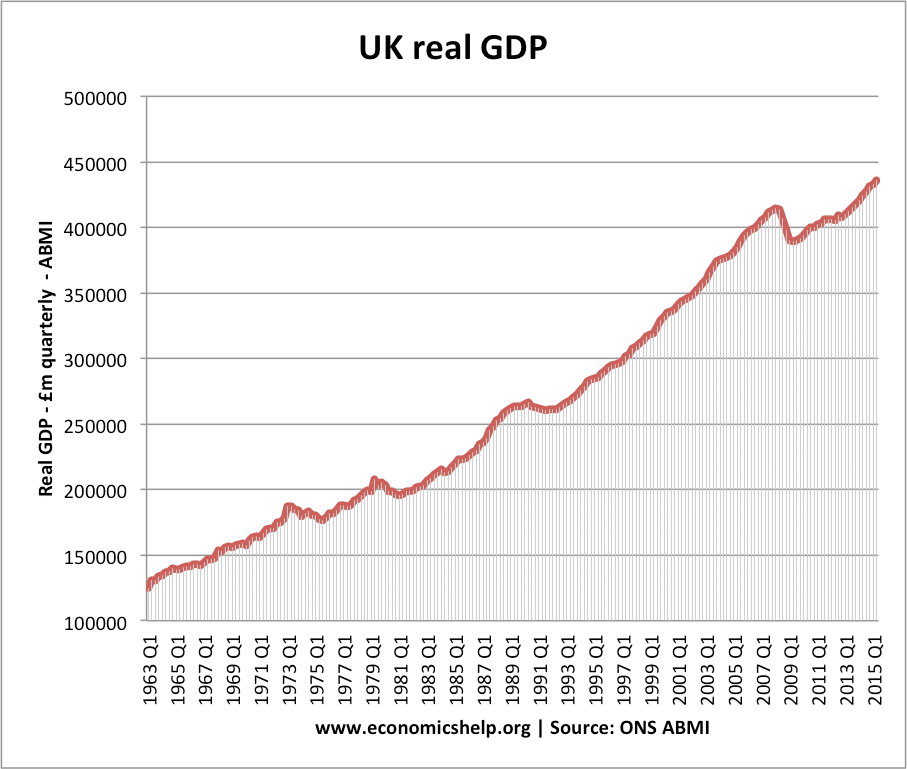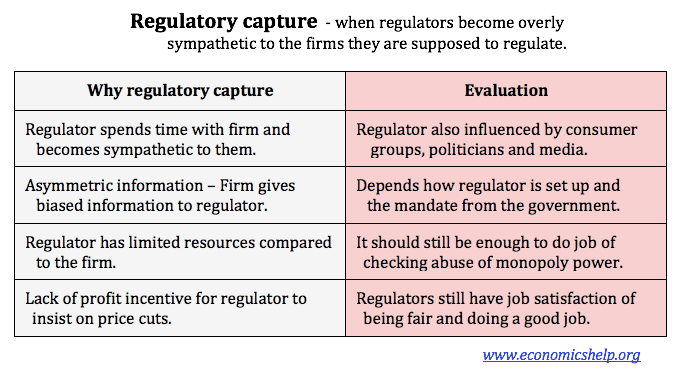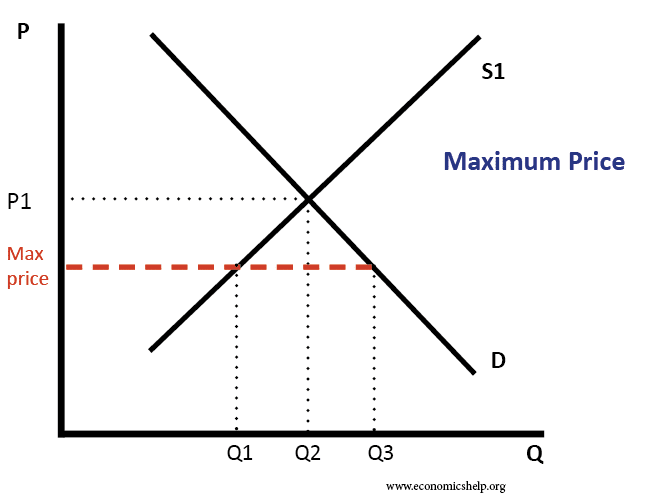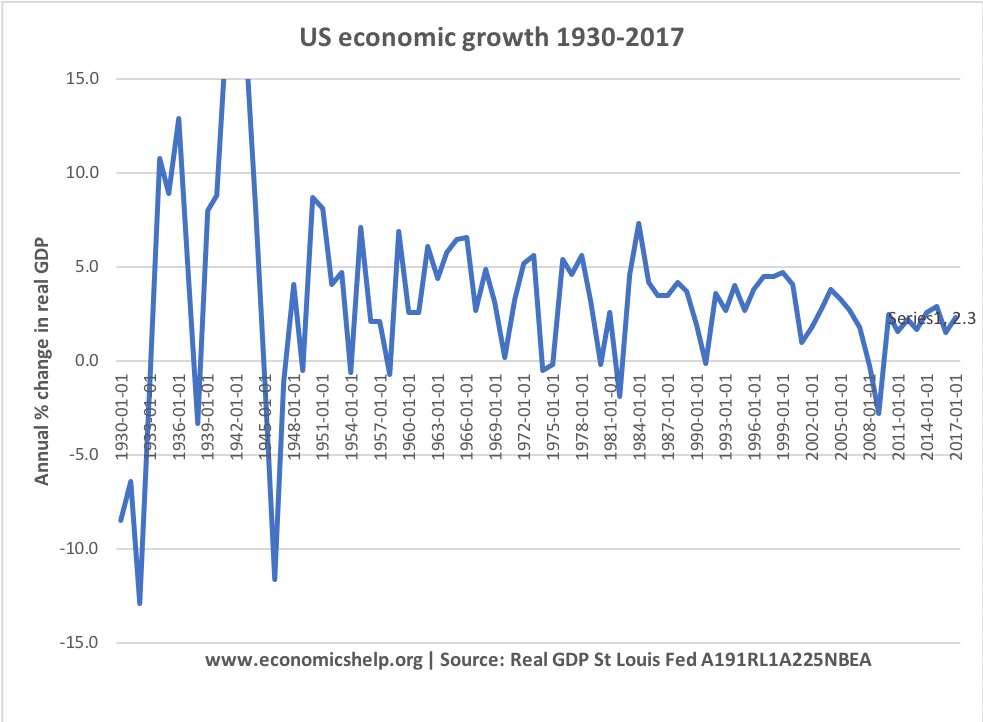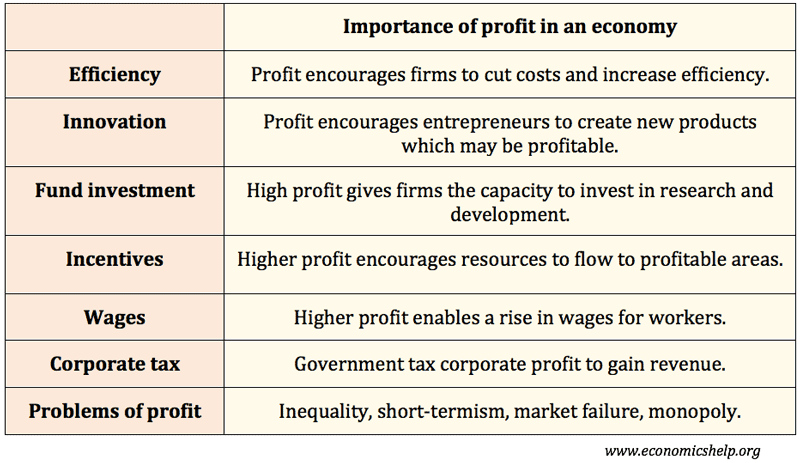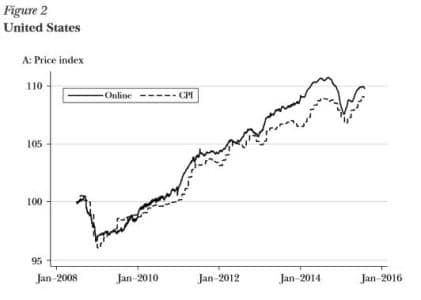Why does the Government Borrow?
Readers Question: Why does the government borrow? Essentially, the government borrows so that it can enable higher spending without having to increase taxes. The annual amount the government borrows is known as the budget deficit. The total amount the government has borrowed is known as the national debt or public sector debt. There are many …


